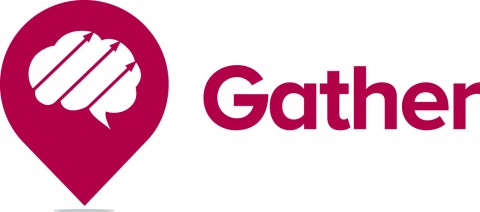Purpose
To create a blueprint to inform how we scale the Hub’s activities throughout Antananarivo, and replicate hubs into other emerging cities
Activities
The Antananarivo Sanitation Data Hub will improve the lives of 350,000 people. For the first time, sanitation organisations will be able to:
1. Better understand the state of sanitation in the 5th arrondissement
2. Track their progress in achieving Sustainable Development Goal 6.2: Sanitation for all
3. Show the need for investment to improve and expand sanitation services
4. Share data and collaborate to meet the sanitation needs of people living in the 5th arrondissement.
The Antananarivo Hub will create a blueprint to inform how we scale the Hub’s activities throughout Antananarivo, and replicate hubs into other emerging cities. The first 12 months in Antananarivo will demonstrate how data can be used to transform sanitation in cities around the world.
Countries of activity
Location of main activity
Further information
A key deliverable will be the world’s first geospatial shit flow diagram (SFDs). SFDs are a Bill & Melinda Gates Foundation-backed initiative that show where fecal waste enters the environment and pollutes groundwater and rivers along the sanitation value chain. The tool is currently two-dimensional and are undertaken as a one-off exercise. By transforming local data practices, we can transform the SFD to become a ‘live’ visualisation - enriched with linked data on population, topography etc. - that indicates where investment and action is needed within a geographic area.
Partnerships
The founding members of the Antananarivo Sanitation Data Hub include: Commune Urbaine d’Antananarivo (CUA), the municipality responsible for sanitation; Loowatt, a pioneering container-based sanitation provider; and Water and Sanitation for the Urban Poor (WSUP), a tri-sector partnership that strengthens sanitation services for low income communities.
Contact information
John Peter Archer
Login to see the e-mail-adress of the contact person.
Filter tags
Capacity development Cities Enabling environment and institutional strengthening Europe & Central Asia International NGO Other funding source or unspecified Practitioners Specific to one or several countries Sub-Saharan Africa
















